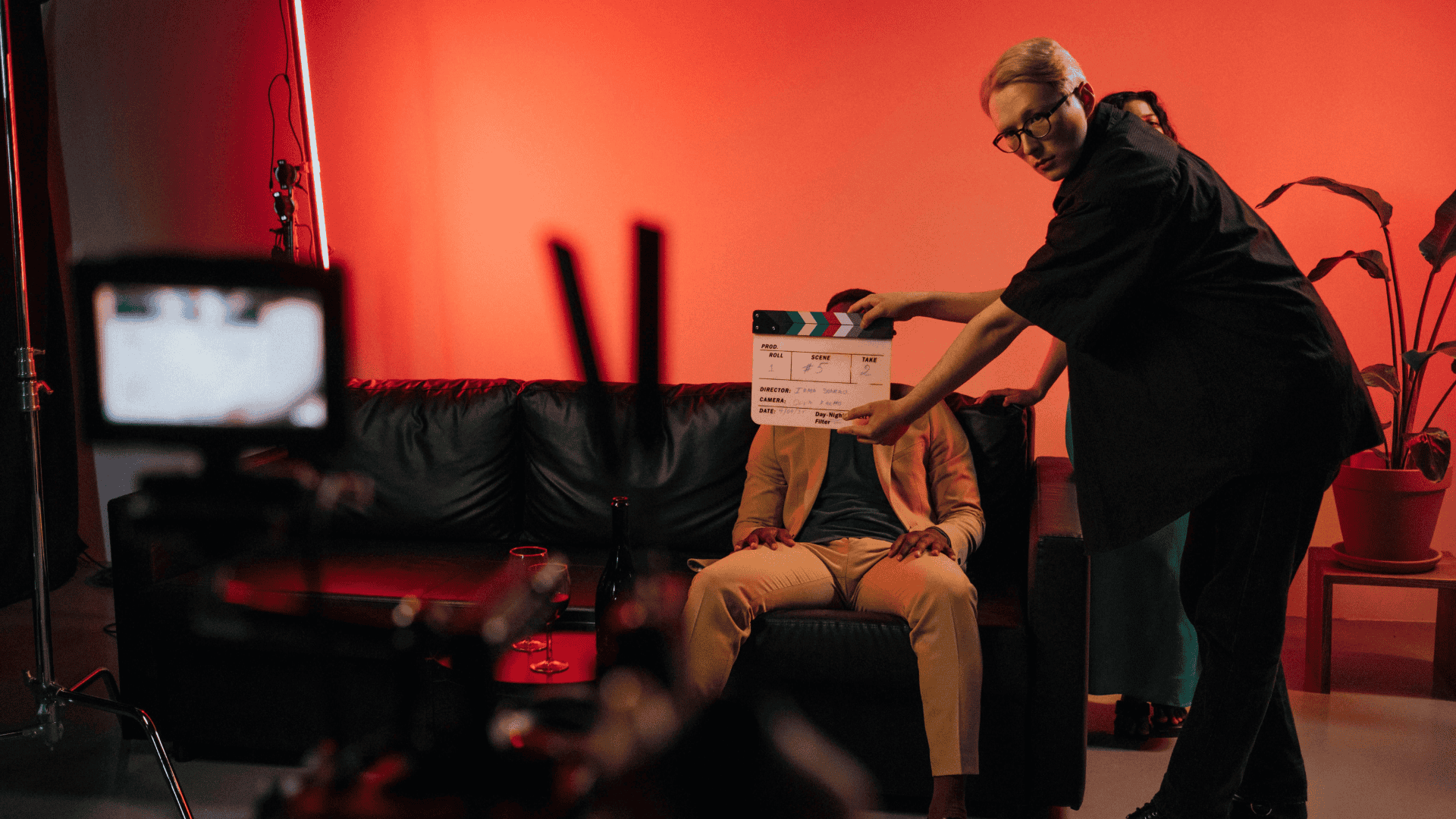TV shows have a way of pulling us in, making us laugh, cry, and binge-watch episode after episode.
But if you’ve watched enough television, you start to notice the same patterns, tropes, and clichés popping up over and over again.
From predictable love triangles to last-minute plot twists, certain storytelling tricks are used so often that we can see them coming a mile away.
Yet, no matter how many times we spot these clichés, we still fall for them. But why?
The Love Triangle Dilemma
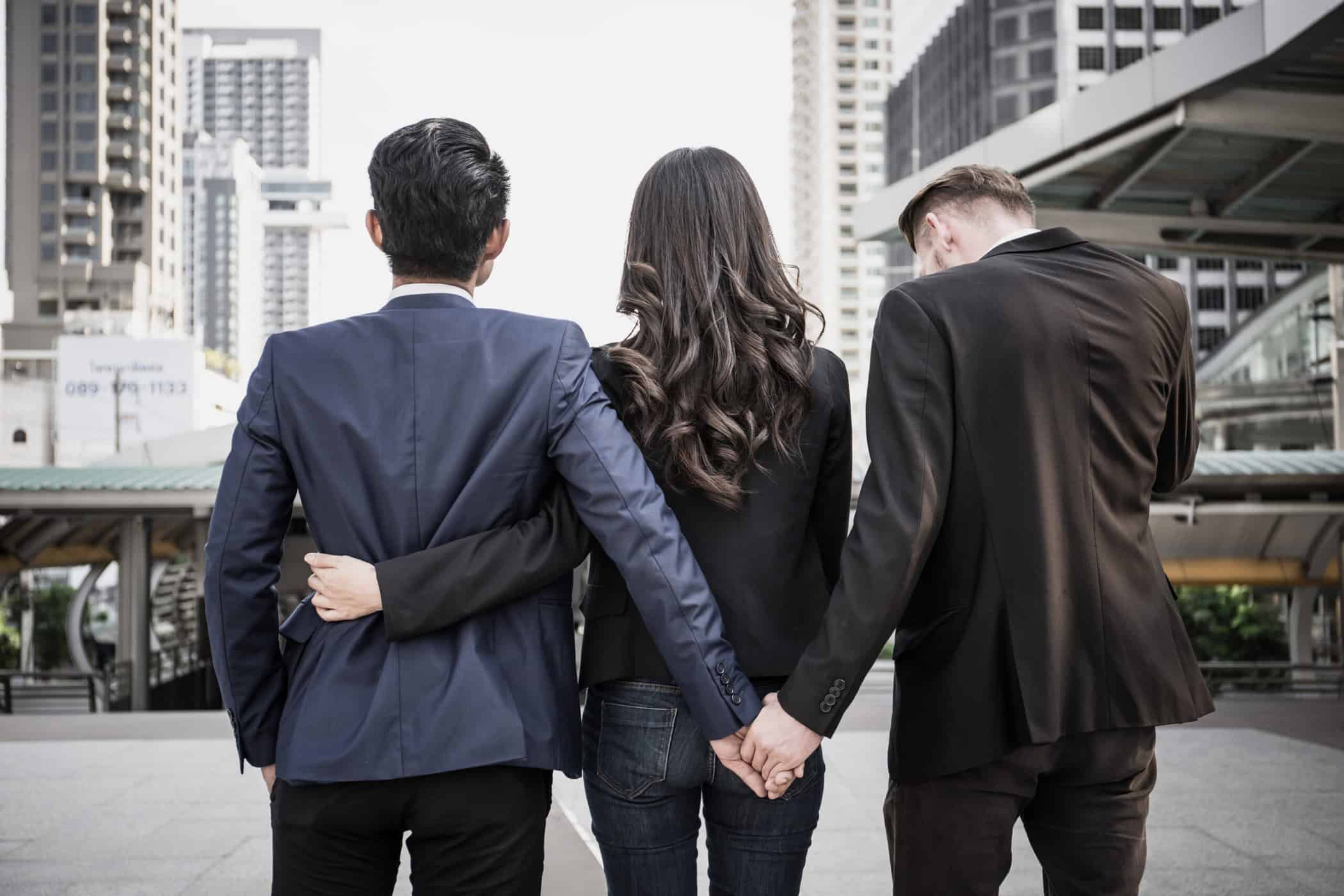
© Pexels
One of the most overused yet irresistible TV clichés is the love triangle.
A main character finds themselves caught between two potential love interests—one usually safe and reliable, the other exciting and unpredictable.
Think of shows like Dawson’s Creek, The Vampire Diaries, or Riverdale. These complicated romances keep audiences guessing, debating, and emotionally invested.
Even though we’ve seen it play out countless times, love triangles work because they tap into universal emotions: longing, jealousy, and the fear of making the wrong choice.
We project our own experiences onto these characters and pick sides, hoping our favorite couple will end up together. The drama, tension, and heartbreak make love triangles hard to resist, no matter how predictable they may be.
The “Will They/Won’t They” Couple
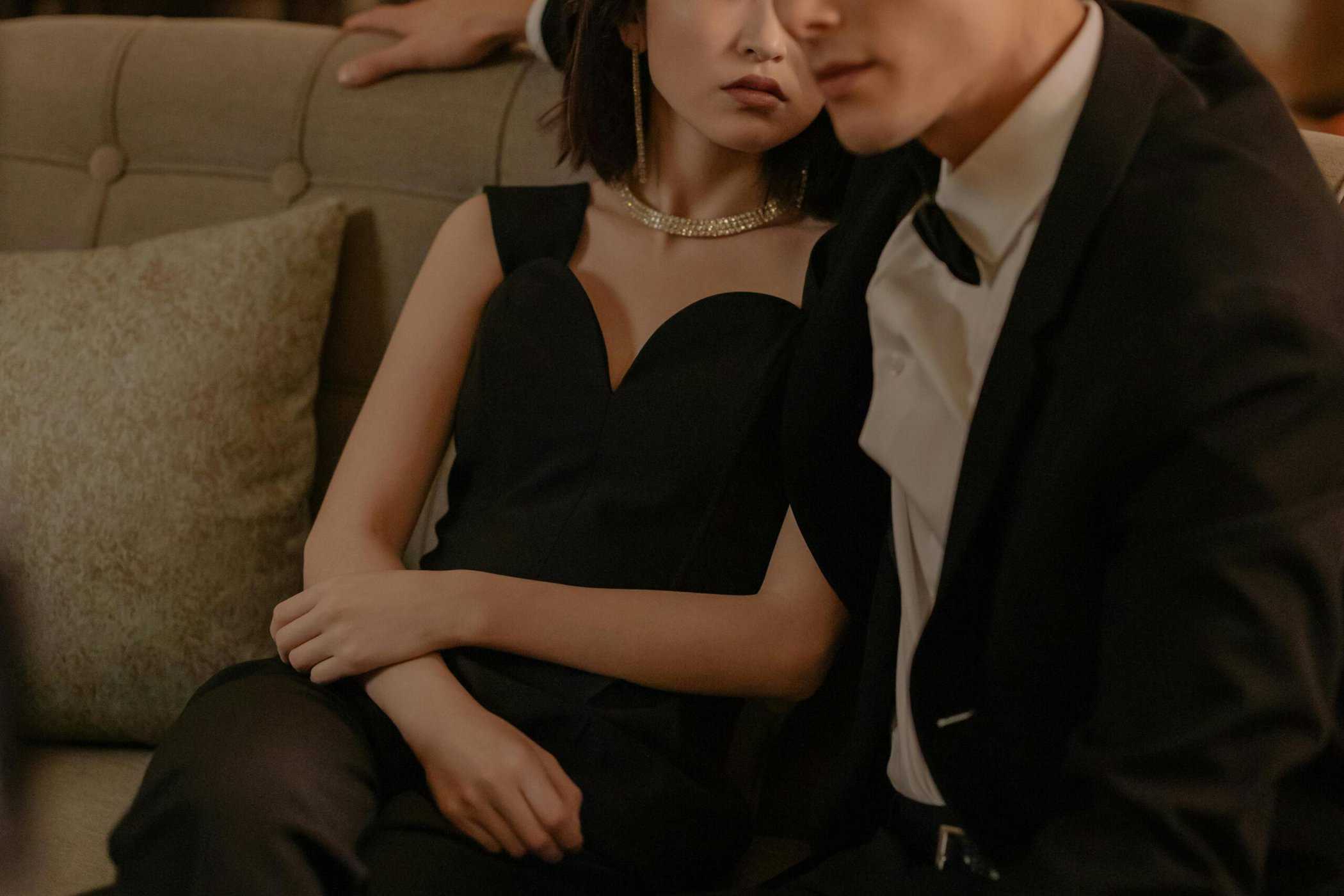
© Pexels
Another classic TV cliché is the slow-burn romance that keeps audiences hooked for multiple seasons.
The two characters have undeniable chemistry, but for some reason—bad timing, misunderstandings, or external conflicts—they never quite get together.
Shows like Friends (Ross and Rachel), The Office (Jim and Pam), and Bones (Booth and Brennan) mastered this trope, making fans wait years for a romantic payoff.
We keep falling for this because the anticipation is exciting. The longer the tension builds, the more satisfying the moment is when they finally get together.
However, once they do, many shows struggle to maintain that same magic, proving that sometimes the chase is more fun than the actual relationship.
The “Fake Death” Twist
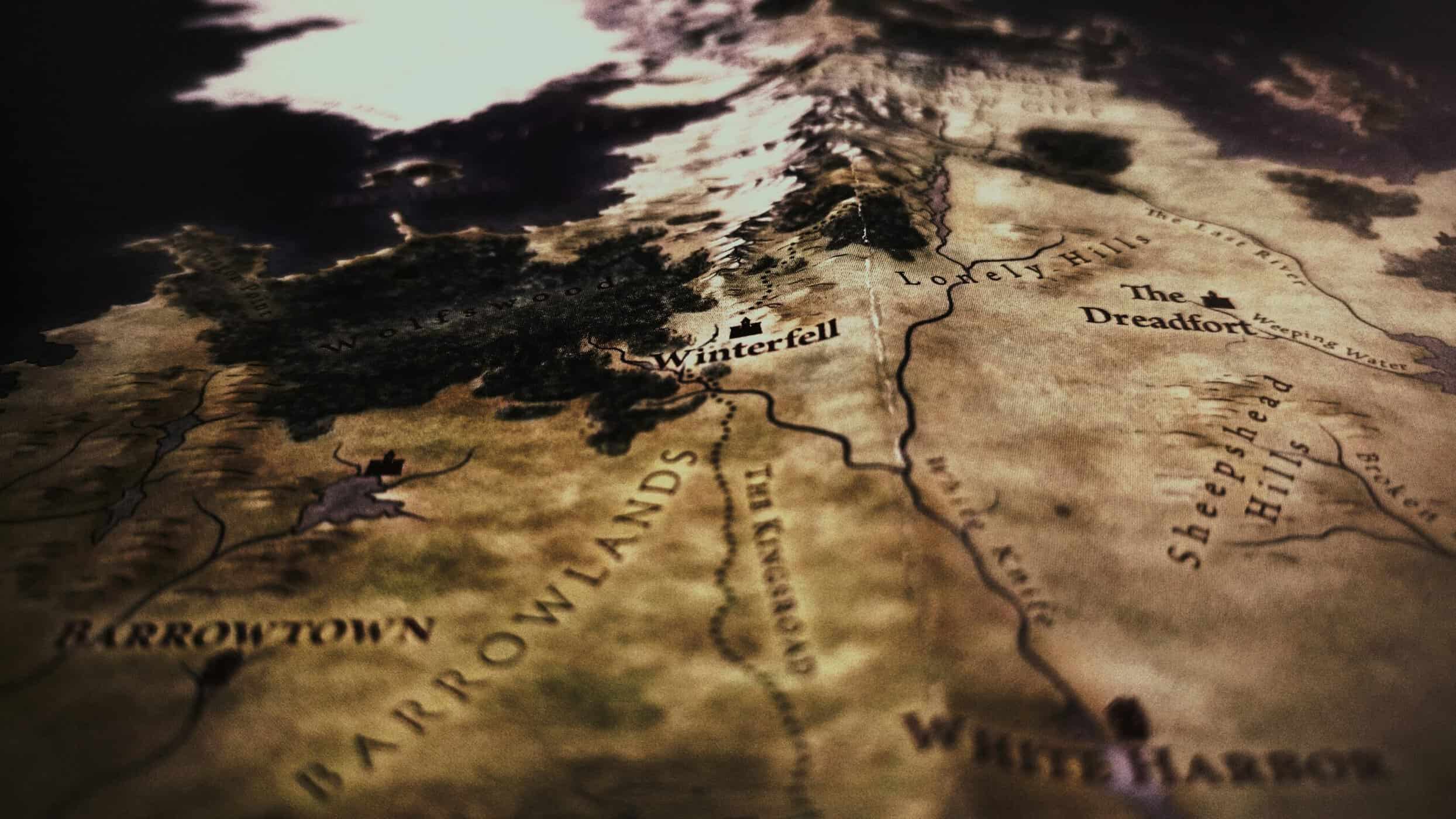
© Unsplash
How many times have you watched a TV show where a major character “dies” only to miraculously return later?
This trick is especially common in soap operas, crime dramas, and fantasy shows. Game of Thrones, Sherlock, and The Walking Dead have all pulled off shocking fake deaths that left audiences in disbelief.
Why does this cliché work? Because it plays with our emotions. When a character we love dies, we feel a sense of loss.
But when they come back, we experience relief and excitement. Even though it’s a cheap trick, it keeps us invested, because deep down, we want our favorite characters to survive.
The “One Last Job” Trope
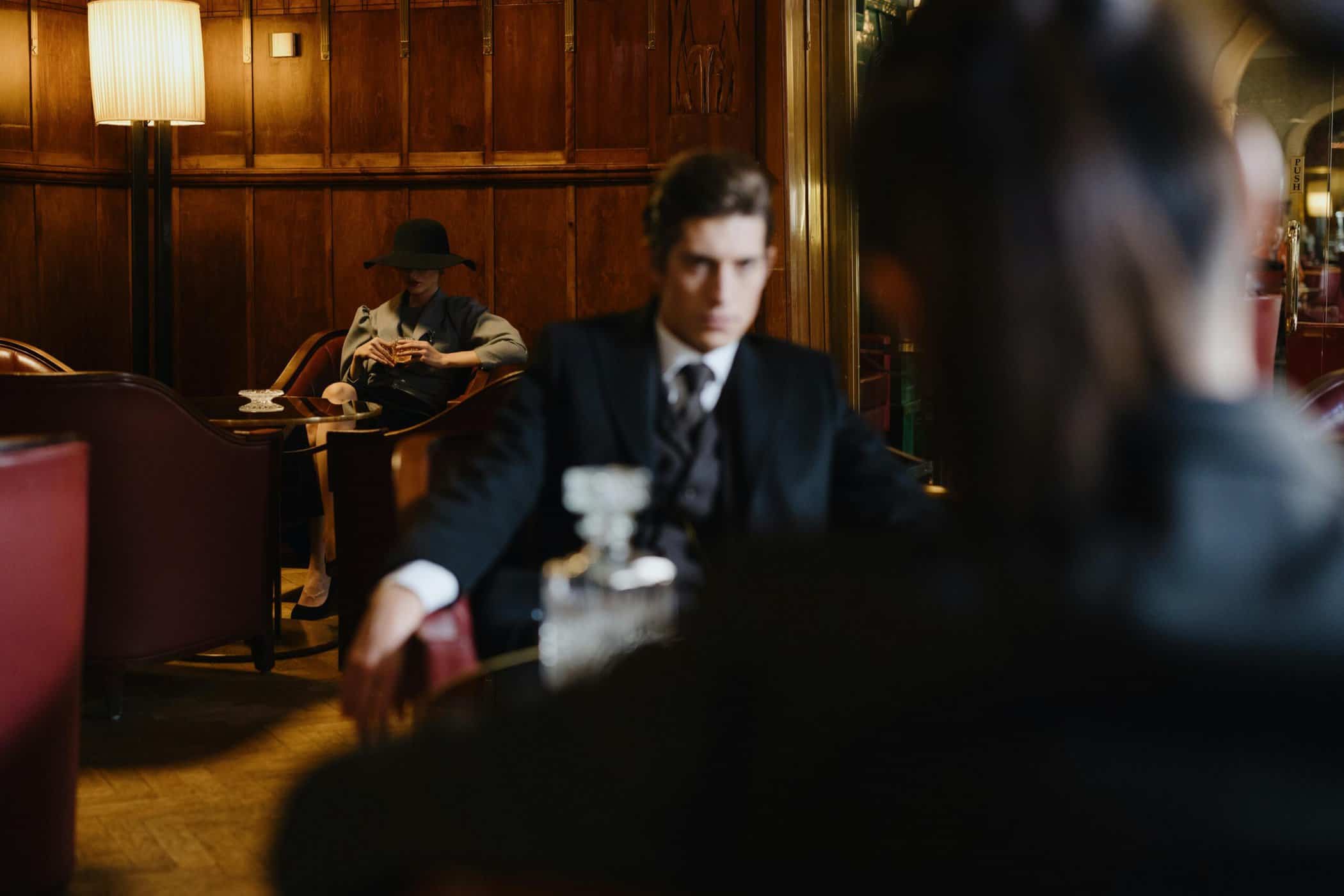
© Pexels
In crime and action shows, there’s always a character who is about to leave the dangerous world behind but gets pulled in for “one last job.”
Of course, things never go as planned, and that final mission turns into a disaster. This cliché appears in shows like Breaking Bad, Peaky Blinders, and Money Heist.
We love this trope because it creates instant tension. The stakes feel high, and we know something will go wrong, but we can’t look away.
It taps into the human struggle of trying to escape the past while being drawn back into bad habits, making it feel both thrilling and relatable.
The Cliffhanger Finale
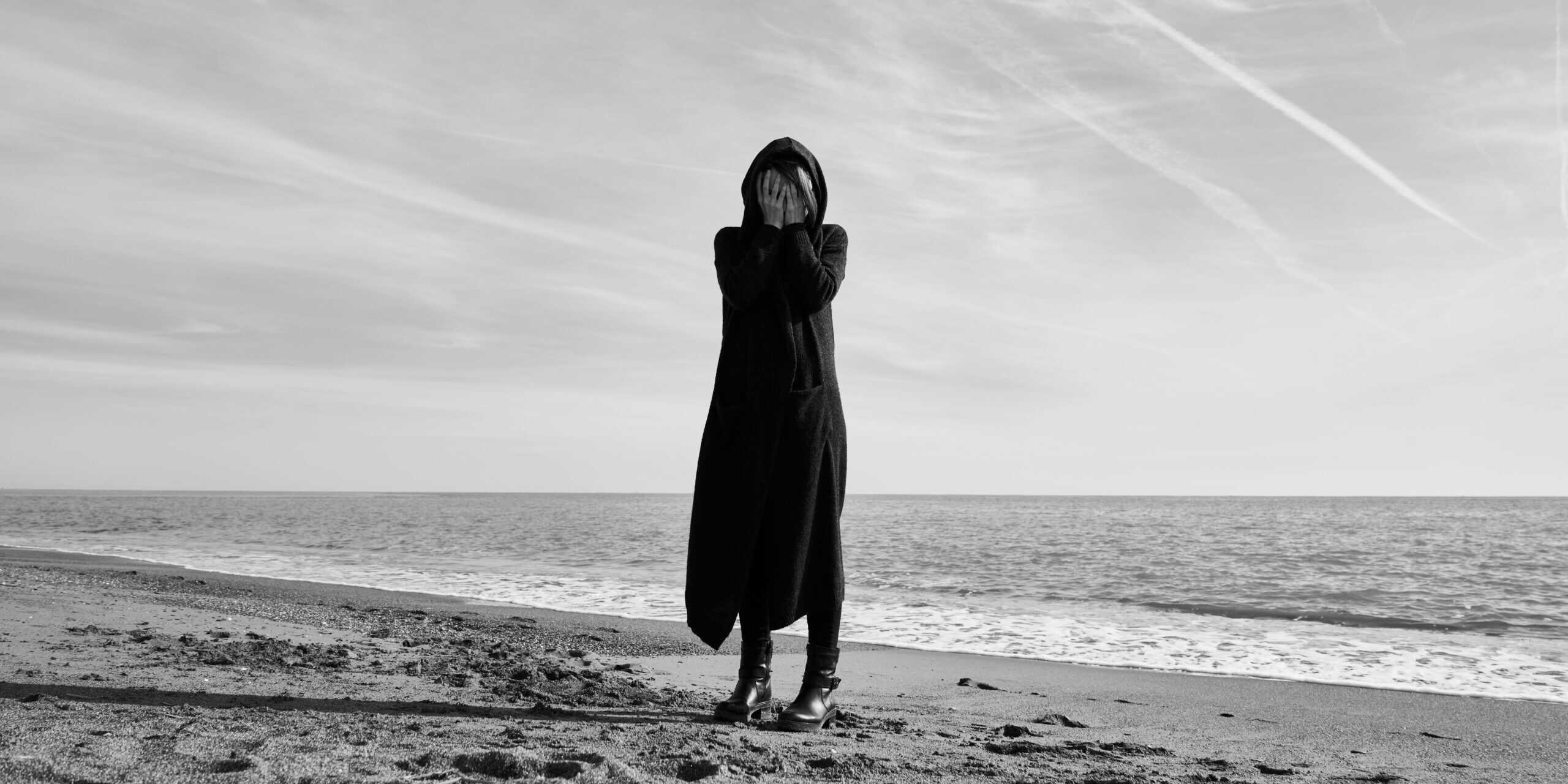
© Pexels
TV shows love ending a season on a massive cliffhanger—an unexpected death, a shocking betrayal, or a life-changing revelation—just to make sure we tune in for the next season.
Some of the most famous cliffhangers include Lost’s season three finale, Stranger Things leaving characters in peril, and Grey’s Anatomy constantly putting beloved characters in danger.
Even though we know cliffhangers are designed to manipulate us, we still fall for them. They leave unanswered questions that we can’t stop thinking about, making us count down the days until the show returns. It’s a frustrating but effective way to keep us hooked.
Why We Keep Falling for These Clichés
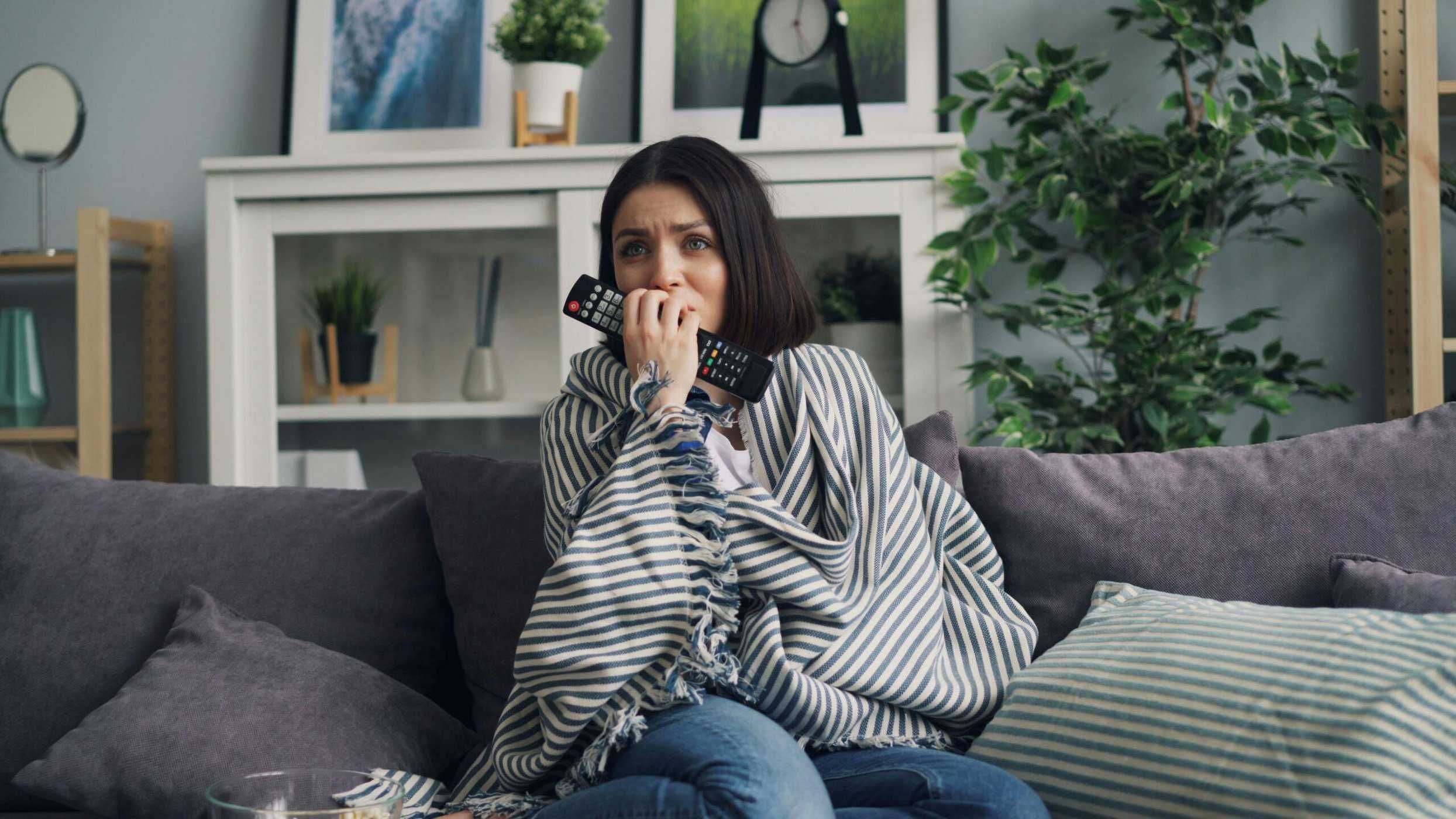
© Pexels
Despite knowing that these TV clichés are predictable, we still enjoy them. Part of the reason is that familiarity is comforting.
These tropes have been used for decades because they work. They tap into universal emotions like love, loss, fear, and excitement, making stories feel engaging and relatable.
Another reason is that clichés create structure. Even when we know what’s coming, we enjoy the journey. The execution of a cliché matters more than its originality.
A well-done love triangle, a heart-wrenching fake death, or a perfectly timed cliffhanger can still feel fresh and exciting when written well.
TV clichés aren’t going anywhere because they continue to entertain us. As long as audiences keep getting emotionally invested in love stories, action-packed missions, and shocking plot twists, writers will keep using them.
And honestly? We’ll keep falling for them—every time.

